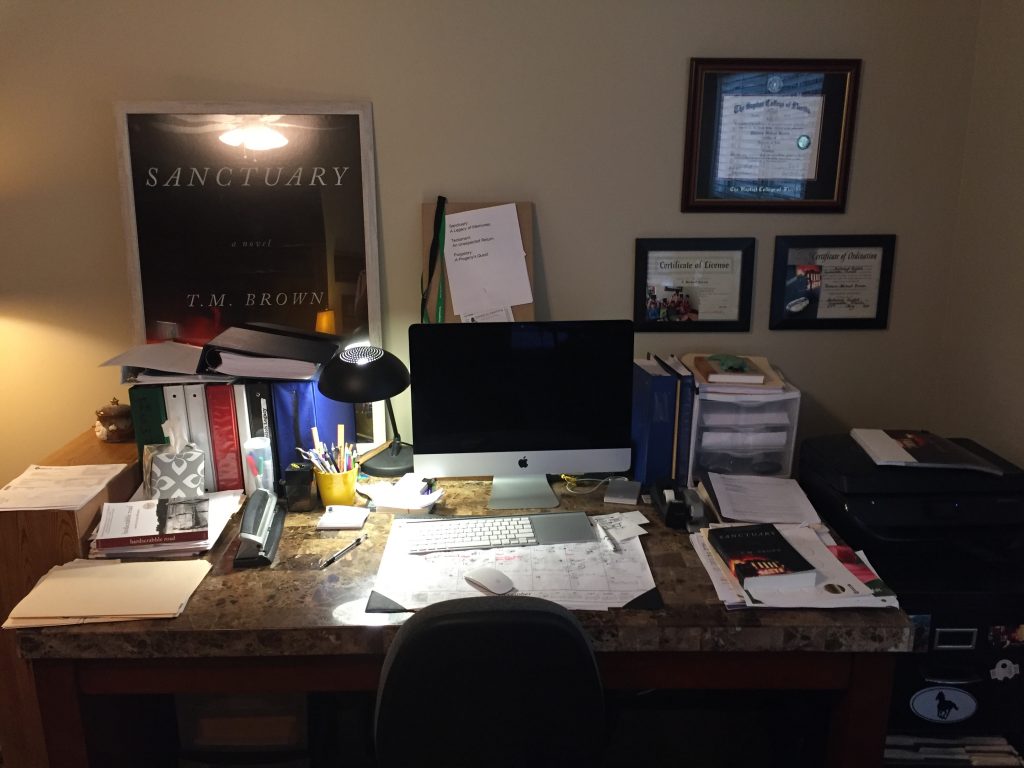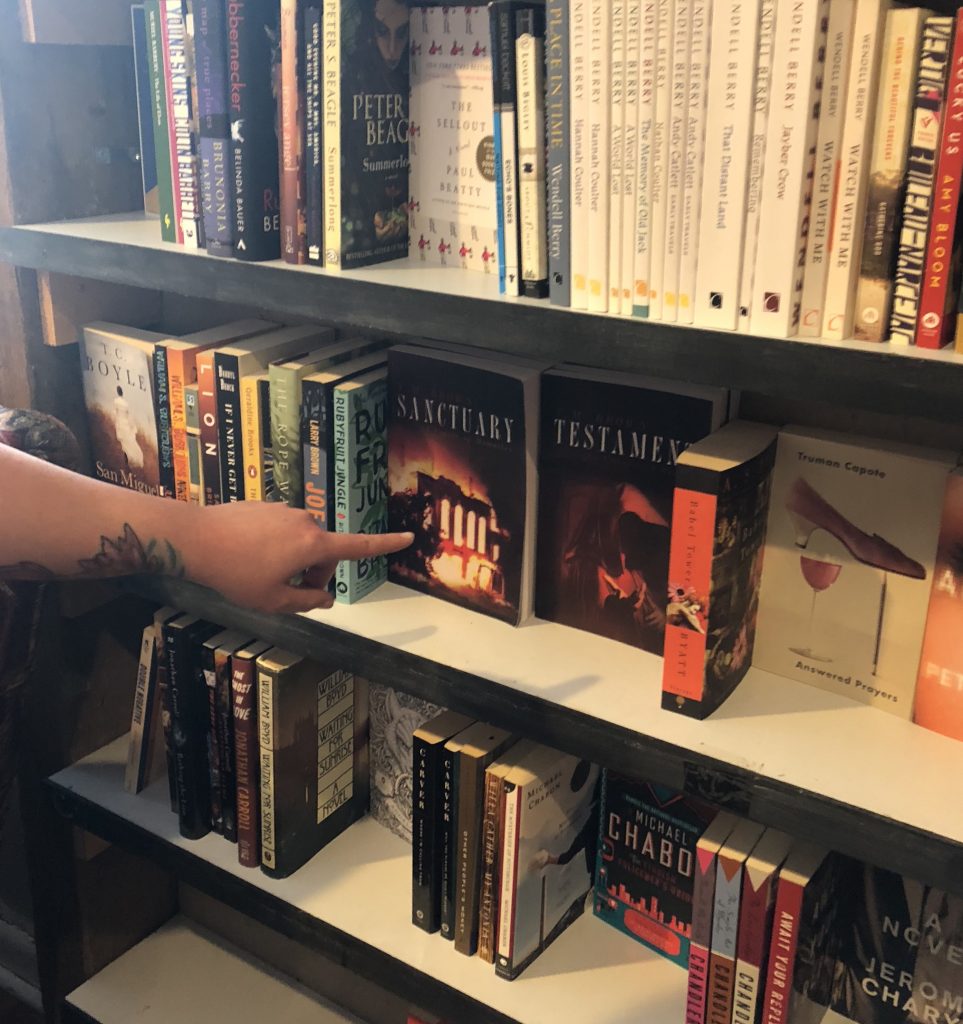
The First Page Matters in the Sensory Appeal Test
Right after a potential reader sets their eyes on your book cover, the next critical test to pique the interest of the reader is page one of the story. Does it beg the reader to read more?
For this reason, I begin and end writing and editing with the first page. Like in real life, “first impressions matter” in establishing relationships. We don’t often get many second chances. Neither do our books should the first impression fail to pique a curious reader’s interest.
As an independent author, my books do not have the advertising and promotional blitz advantage afforded by the top publishers hawking their stable of best-selling authors. T. M. Brown does not have the name recognition of best-selling authors, such as Grisham, Patterson, Baldacci, Karon, Blackstock, etc. Like the myriad of other new books published this year, the majority lacking the deep pockets and name recognition, success boils down to passing the sensory appeal test.
What is the sensory appeal test? Does the book cover stand out when on display amongst the notable NYC published best sellers, or does it shrink almost unnoticed, overshadowed by more noticeable book covers?
Maybe its the competitive nature within me, but I desire my books to compete among the notables, the best-sellers. I prefer my books to be on the eye level front shelves in the bookstore; not relegated to shelves set aside in the back of the store. Why is that important? Okay, T. M. Brown is not a household name in the literary world, but when my book covers are displayed beside notable names that readers seek, Sanctuary, A Legacy of Memories and Testament, An Unexpected Return are exposed to more potential readers. BUT, now the sensory appeal test begins.
When either of my book covers catches the eye of a perusing reader and they pause to slide the book off the shelf for a closer look, the reader’s keen senses in the next few seconds decide the fate of my book. Without the notoriety of the more familiar author Dan Brown, it is the front cover which then earns an extended feel of the book.
My publisher utilizes heavier stock paper to print its books, and it is noticeable to the feel. The reader then flips to the back cover and peruses the carefully edited snippets about the book. If the book cover has passed the initial sensory appeal test the reader invests another critical moment and thumbs through the pages before eyeing the first page. Those first 200 or so words reign supreme over the next few seconds as the reader weighs the quality of the content of this interesting new author’s novel. Should by chance the reader flip the page or closes the book but runs their hand over the cover once again, chances are a decision is underway. In that brief moment, the weight of the first page matters.
Now It’s Your Turn
Now it’s your turn. What do you think? How much time do you give to selecting out a good novel to read? Are you narrowly focused on tried and tested bestsellers? Are you a reader who more often than not feels dissatisfied by the novels being hyped and peddled by the big New York City publishing houses. Sadly, there is more and more pressure for the assembly production of novels by notable authors. They are easy to recognize because the author name takes up the top half of the front cover. They are promoting the author’s reputation, not the story inside.
So how do my books stack up? Do the first pages cause you to consider reading more?





To order either of these, if you are not able to find a copy at your local, go to TMBrownAuthor.com’s Bookstore Page
or follow the links below:


For Kindle editions, go to:


